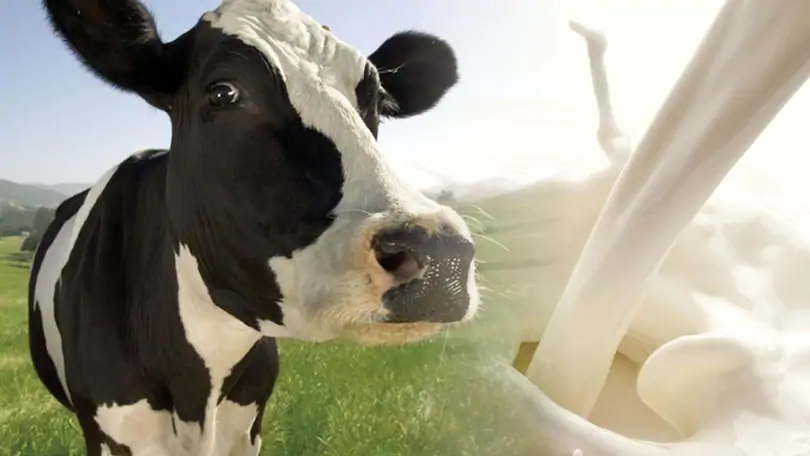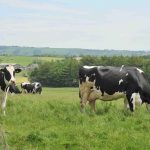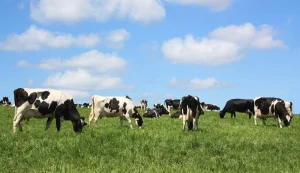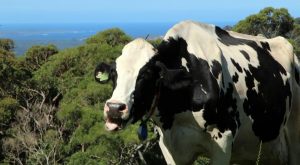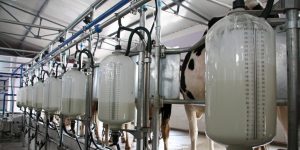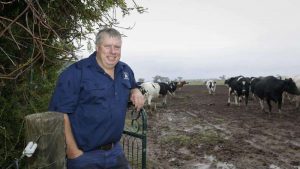
An “exposure draft” released Monday of a proposed mandatory code of conduct to regulate dealings between dairy farmers and milk processors is open for comment until November 22 – it is the first written in legal terms with two previous public comment periods have been on general code principles.
The code requires dairy farmers and processors to negotiate supply contracts “in good faith”, requires processors to publish a “standard form” contract on June 1, bans retrospective price step downs and exclusive supply provisions and sets out a dispute resolution process.
It was the major recommendation of the last review of the dairy industry conducted by the ACCC in 2017 and 18.
On October 17 the performance of the dairy industry and profitability of dairy farmers since industry deregulation in 2000 was referred to the Senate Rural and Regional Affairs Committee for inquiry.
The committee is to report back to the Senate by March and has called for public submissions by November 29.
The terms of reference require the committee to “pay particular attention” to Dairy Australia’s ability “to act independently and support the best interests of both farmers and processors”, accuracy of statistical data collected by Dairy Australia and Australian Bureau of Statistics and funding of Dairy Australia and its stakeholder consultation on how milk levy revenue is spent.
It is also required to consider the merit of tasking the Australian Competition and Consumer Commission (ACCC) to investigate how it can regulate the milk price per litre paid by processors to farmers, alternative approaches to supporting a viable dairy sector and introduction of a mandatory industry code of practice.
Introduction of the dairy code in January – at least six months earlier than originally intended – and referral to the Senate committee of a dairy industry inquiry were both seemingly triggered by the actions of Queensland’s One Nation senator Pauline Hanson earlier this month.
Senator Hanson, one of two One Nation senators on the cross benches, sparked a turf war with The Nationals over dairy farmer hardship three weeks ago when she claimed she had written to every sitting Federal Nationals MP seeking support for her proposal to review industry performance and profitability.
Senator Hanson also threatened to withdraw One Nation’s votes for all non-essential legislation unless the government moved to help dairy farmers.
Her call for a Senate inquiry was backed by Labor and crossbench senators.
Last week WAFarmers dairy section president Mike Partridge pointed out WAFarmers had made submissions to a previous Senate committee inquiry in 2016-17 and to the ACCC inquiry and was still waiting for the imbalance between what consumers paid for milk and what it cost WA farmers to produce to be resolved.
He said one element of hope that the new inquiry might achieve a better outcome for farmers than previous ones was a specific reference to the impact of deregulation.
“Deregulation has not treated our industry well,” Mr Partridge said.
“It affectively put control of the market place in major retailers’ hands and they devalued the product we produce.
“With the extended drought situation and rising feed costs increasing cost of production over the last few years we have had no capacity to pass those increases on to the consumer.
“While we won’t necessarily be advocating for reregulation, we would want some alternative mechanism in place to get value back into the supply chain for farmers.
“At our regional meetings across the South West for the Australian Dairy Plan, the second biggest concern was that there is no mechanism to bring value back to the farm gate.”
In 2009-10 the Senate Economics References Committee looked at pricing and competition in the dairy industry, in 2011 it looked at impact of supermarket pricing – introduction of $1-a-litre milk – and in 2016-17 it was directed “to establish a fair, long term solution to Australia’s dairy crisis, with particular reference to fresh milk security”.
The 2016-17 inquiry followed Eastern States’ price “step downs” enforced on farmers by the former Murray Goulburn co-operative, once the largest dairy processer in Australia and threatened step downs by processor Fonterra.
The ACCC inquiry ran in parallel with the previous Senate committee inquiry and looked at the relationships between dairy farmer and processor and recommended a mandatory code of conduct.
Currently the dairy industry is conducting its own Australia-wide review, headed by former Victorian premier John Brumby, to create the Australian Dairy Plan to guide the industry into the future.
Last week Federal Agriculture Minister Bridget McKenzie announced the mandatory code regulating contracts between dairy farmers and processors will be brought forward to January, instead of July as initially forecast.
“We are delivering the mandatory code as soon as possible in order to provide clearer safeguards for how farmers are treated as members of the supply chain,” Ms McKenzie said.
“Our government also committed $560,000 to Australian dairy farmers to design, develop and market test new milk pricing and trading concepts.
“My department will seek initial feedback on these concepts while consulting on the code.
“I remind the dairy industry again that they are on notice to make sure that the contracts offered to farmers are appropriate and fair ahead of its formal introduction – the community expects no less.”
To make a comment on the dairy code go to haveyoursay.agriculture.gov.au
